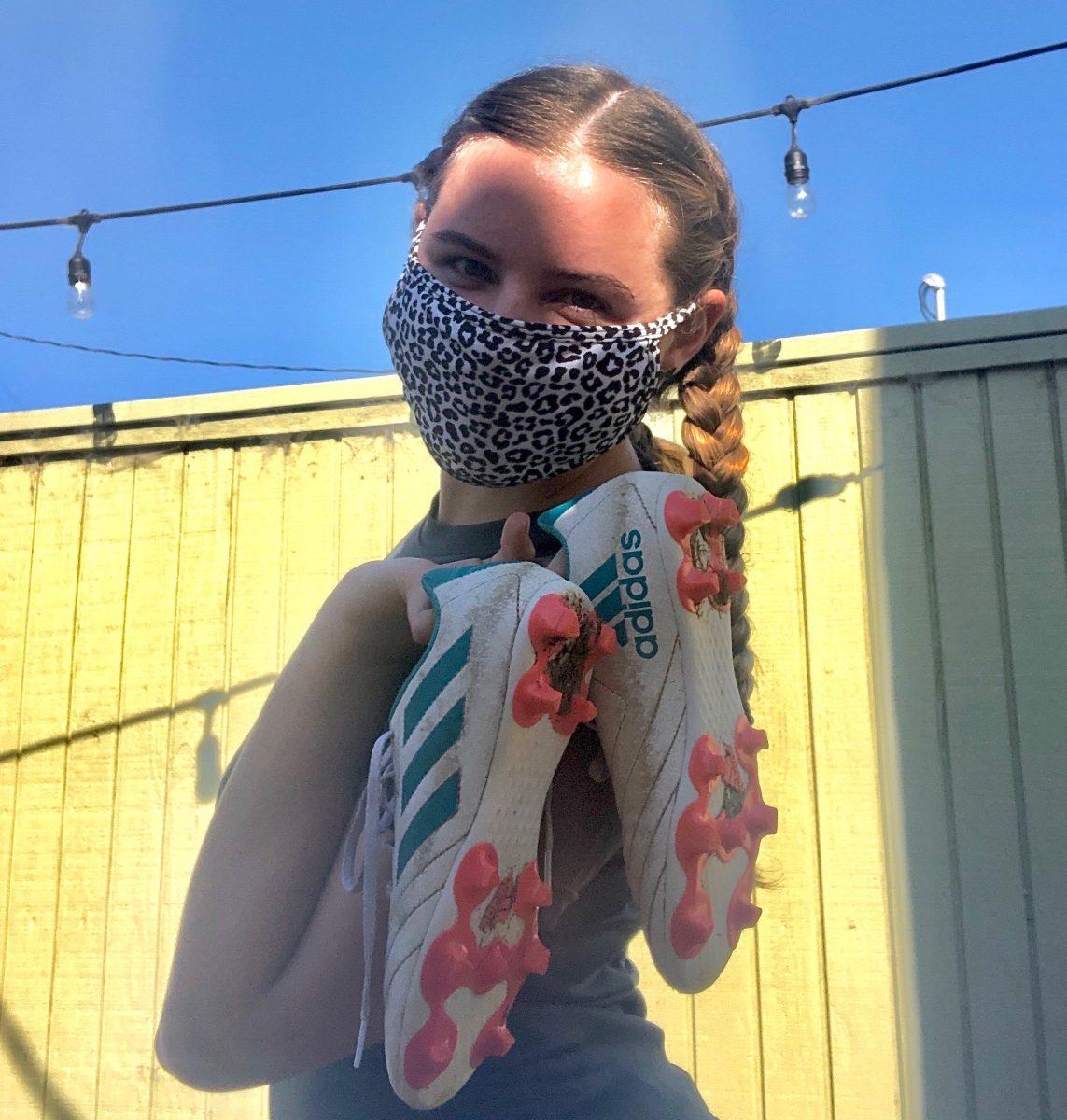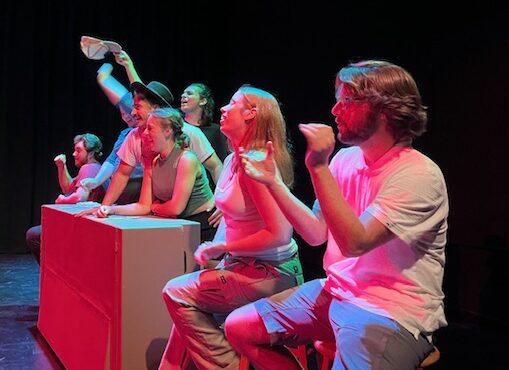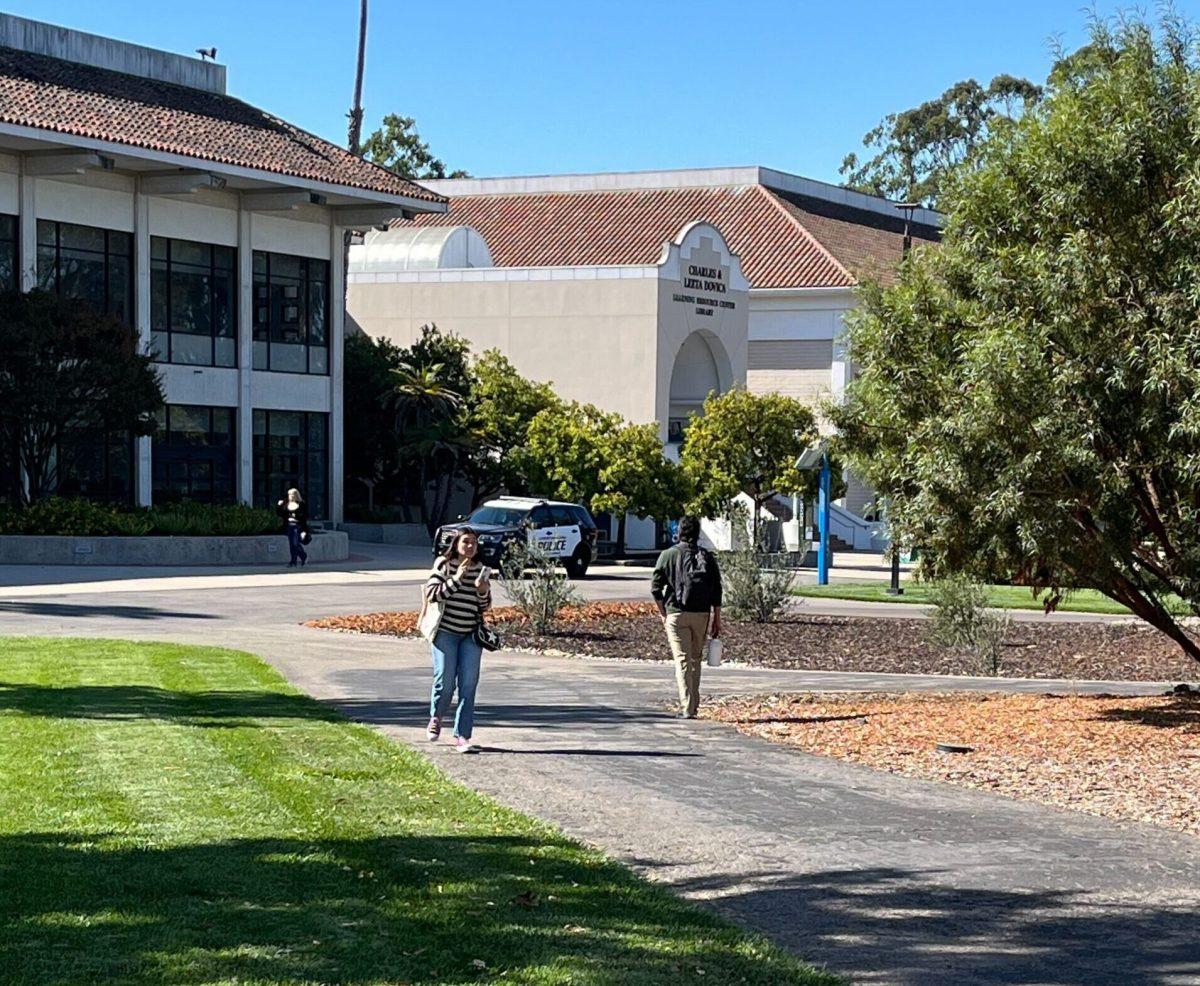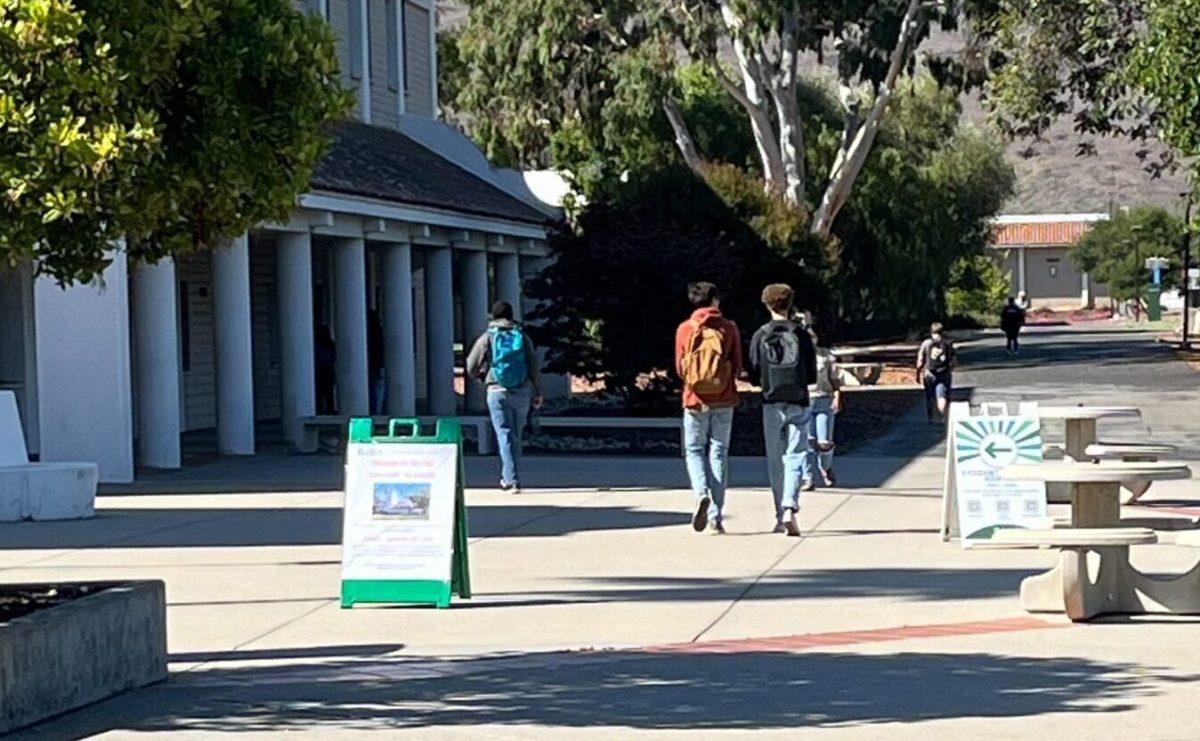The year 2020 has not been an easy one for anybody.Â
Along with a threat to lives everywhere, COVID-19 brought with it the closure of schools and businesses, and the cancellation of events all over the world. People lost jobs, students lost resources and opportunities for experiences on their campuses, and athletes everywhere lost seasons of their sports.Â
Now, to someone outside of the sporting world, this last loss may seem minor. Where’s the harm in the loss of a season of competition or some missed training time in comparison to the harm of a potentially life threatening illness, right?Â
I get it, but hear me out.
For athletes who have been training since they could walk, and who have committed the better part of their lives to their respective sports, it can actually be a pretty major loss. For people like that, sport isn’t just sport. It’s not just a method of getting exercise or a source of entertainment—it’s a way of life.Â
I am one such person.
I have been playing soccer since I was four years old, and I am currently on the women’s soccer team here at Cuesta College. Soccer has been one of the few constants I have had in my life, and it has given me so much to be grateful for.
I have made most of my best friends on the field, and created bonds with teammates and coaches that will last a lifetime. I have learned lessons about strength, perseverance, and cooperation. I’ve developed leadership, resilience, and grit. I have been sidelined by countless injuries only to grow stronger and I have experienced great victories and great losses, only to grow wiser from each.Â
A sport can be many different things—it just depends on whom you ask. If asked their reasons for committing so much of their lives to their respective sports, all athletes would probably give different answers. There always seems to be that one thing—whether it’s the thrill of the competition, the euphoria of the adrenaline rush, or the sense of accomplishment that comes with achieving one’s goal—that really does it for someone.Â
For me, soccer has been many things. But if I had to pick one thing, the greatest gift that soccer has given me is that it’s been my lifeline.Â
No matter what I had going on in my life, whether it was stress at home or at school, soccer was always there and it was always the same. It was something I could count on.Â
Even if I was having the worst day of all time, for two hours in the afternoon, I would get to go to practice where everything made sense to me and for a little while, nothing else existed. For as long as I can remember, soccer has been the thing that I cling to when nothing else makes sense, and this year, in a time when things are more confusing than ever, I found myself without soccer to turn to.Â
Now, I’m not saying that I suffered more than most. In fact, I’m certain I suffered far less. As far as my physical health goes, I’ve been extremely lucky so far this year.Â
However, I think it’s important to remember that physical health is only one piece of the puzzle.Â
According to an article included in the PubMed Central (PMC) database, a survey conducted among adults aged 18 and older in June of this year showed that 40.9% of participants reported experiencing at least one mental health condition. The results displayed a considerable increase in symptoms of anxiety and depression in April-June of 2020 when compared to results from the same time period in 2019. Those to me are statistics just as alarming as statistics displaying the spread of coronavirus throughout this year.Â
I am in no way trying to undermine the significance of this disease, but I do believe that it is a mistake to value physical health over mental health. Both play a vital role in keeping us alive and well. While my lungs may have been healthy so far this year, for the first few months of quarantine, my mind and soul were suffering.Â
Everyone has—or at least they should have—specific tools in their belts that help them maintain their mental health. I am no stranger to mental health struggles, and I spent much of my early college years trying to equip myself as best I could to counteract my anxiety and depression and fighting to maintain a happy and healthy lifestyle. Believe me when I say that having soccer in my life was a huge part of my being able to do that with even a semblance of success.Â
When the shelter-in-place order was first issued in March, and then as it was extended again and again, I began to realize that I might not have soccer in my life for some time. Though it might sound silly, I was overwrought with fear and uncertainty as to how I would keep myself sane without that outlet to turn to.Â
While remaining in quarantine made sense to me at the time to prevent contracting COVID-19, doing so meant opening myself up to a greater possibility of struggling with mental illness. Full disclosure—I’m not a scientist by any means, and I don’t know if there is a technical way to quantify the risk of the potential consequences I faced from either kind of illness, or if it’s even fair to compare the two.Â
What I do know is that I had to make a choice for myself to do what felt right for me, and cutting soccer out just didn’t seem like an option. While I did have to settle for rewatching old highlights and matches and training with a ball by myself in my yard for the first several weeks, I eventually found ways to get together with small groups of family members or teammates to play in an environment that we were all comfortable with.Â
Now, I’m not suggesting throwing caution to the wind and running out into the streets with reckless abandon, but if you can find a way to do the things that bring you joy without feeling like you’re putting yourself or others at risk, why not try? We do only get one life to live, after all. I can honestly say that small training sessions and pickup games like that are what have kept me sane up until now.
As institutions have brainstormed ways to integrate sports back into the lives of deprived athletes and sports-lovers everywhere, my spirits have continued to lift. While seasons of competition for all fall sports at Cuesta have at this time been moved to the spring 2021 term, most programs have implemented some sort of practice format for athletes on campus this semester, as well.Â
As for my team, we have been back at practice for a couple of weeks now, and while it’s only two days a week and we all have to remain in masks while playing, which certainly provides its share of difficulties, I am immensely grateful for the school’s efforts to give us the opportunity to play at all.
Several four-year colleges have yet to be able to resume any kind of play, and many cut some athletics programs altogether. I know student-athletes at schools all over the country who still haven’t seen their teams in-person for months and who have been really struggling with that, so I will take anything I can get.
I asked a couple of my friends who are athletes about what their respective sports have meant to them throughout the pandemic.
“The commitment to my sport during these trying times has more to do with keeping my sanity than with struggling to remain committed to it,†said Rosie Cruz, a senior on the track and field team at Loyola Marymount University. “If anything, my commitment to running has gotten stronger throughout these last several months because I feel like it’s the one thing I can still do that keeps me happy. I run because it clears my mind, it helps me relieve anxiety, and it gives me a healthy routine.â€Â
Being an athlete has also helped Katharine Larson, a senior on the women’s soccer team at University of Pennsylvania, to manage her mental health.
“Being an athlete during the pandemic has actually helped me feel a greater purpose,†Larson said. “Working out and playing soccer during quarantine kept me mentally sane when I was bored and allowed me to work on aspects of my game I did not have time for in the past.â€
A lot of people have asked me if I am anxious being back on campus and playing a contact sport in such close quarters with my teammates—even with the masks and other sanitary precautions—and my personal answer to that question would have to be no.
For one thing, I feel that the athletic department and my coaches have been diligently taking appropriate precaution. Even more than that, I guess the truth is that any potential anxiety resulting from concerns for my physical health in a controlled environment like the one I have at practice pales in comparison to the anxiety I would feel if I had no practice to go to at all.Â
If looking after your physical health might put your mental health more at risk and vice versa, how do you make that decision? Personally, I don’t believe that there is one right way to answer that question. I think it is up to all individuals to decide for themselves.






















faraz ahmad • Nov 18, 2020 at 3:09 am
I have read this post and find it really informative for me. Thanks for sharing it, I hope I can find more in the future